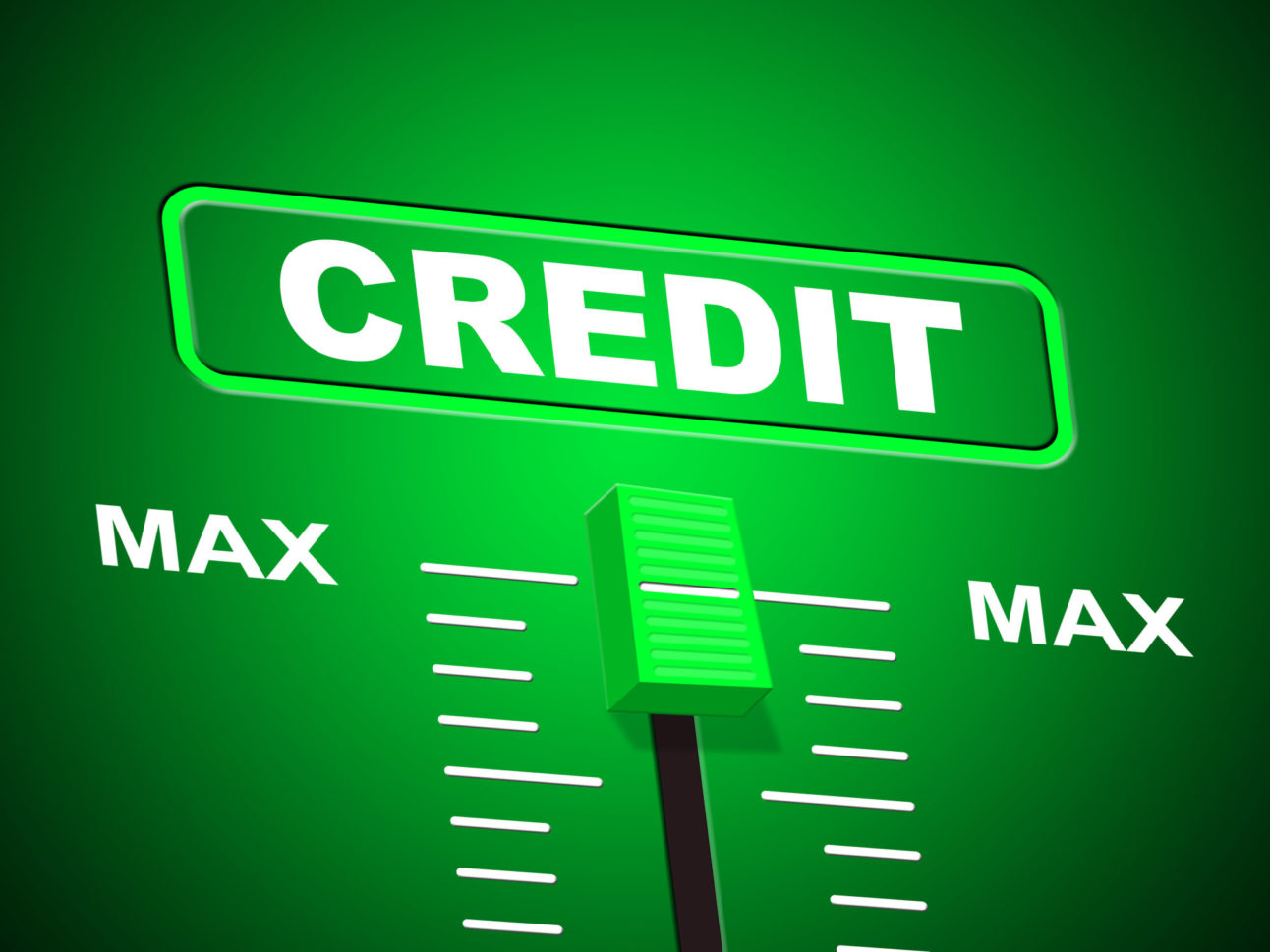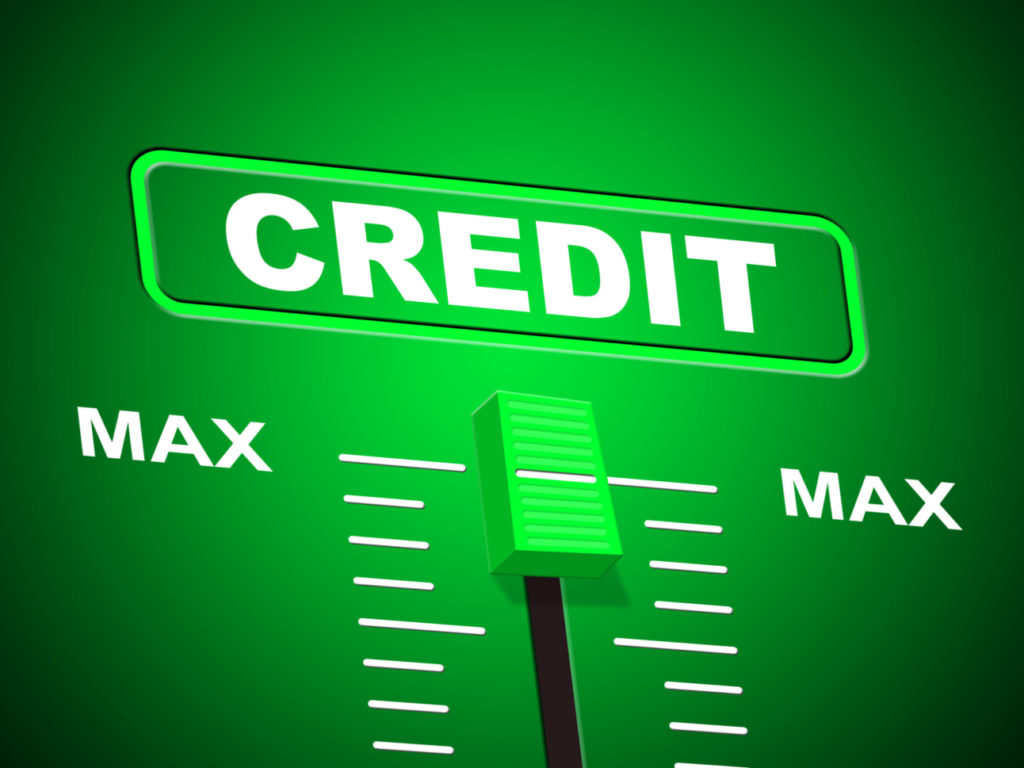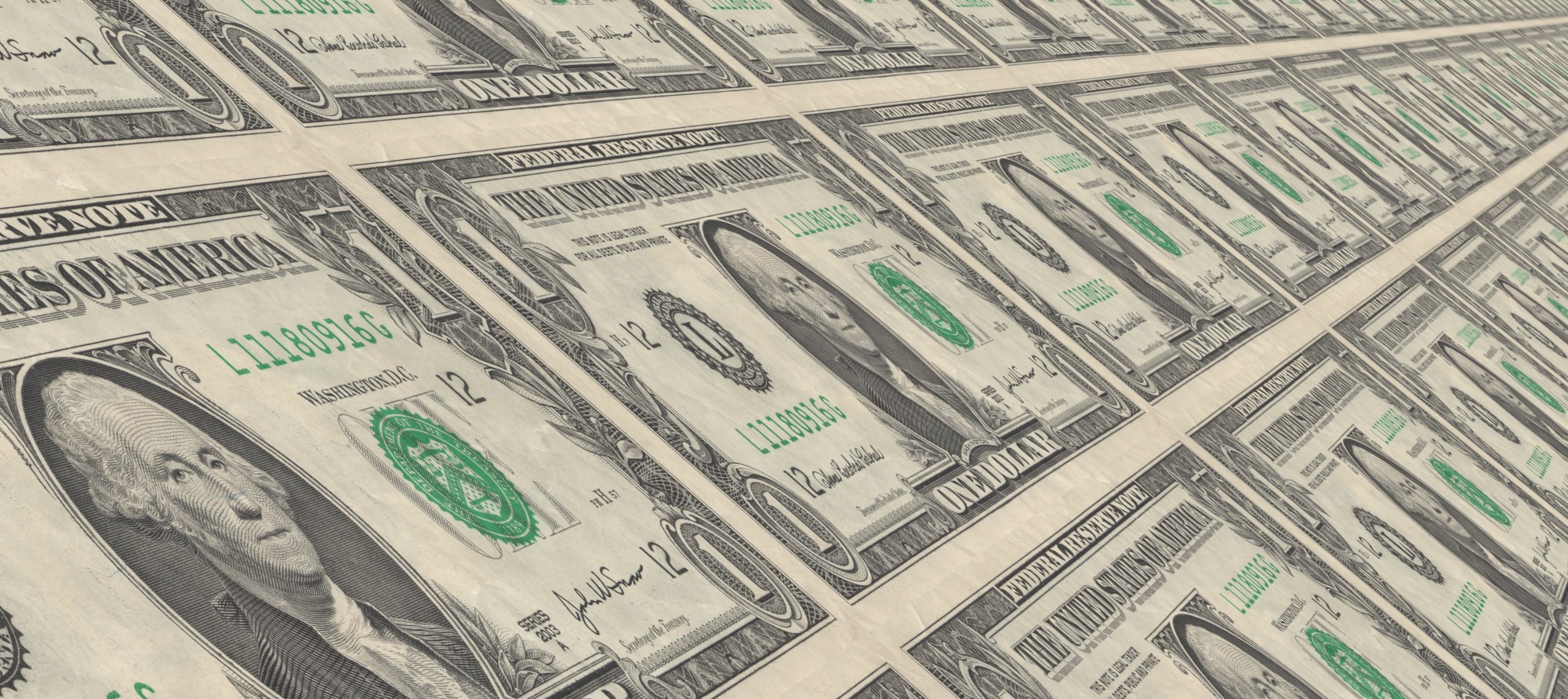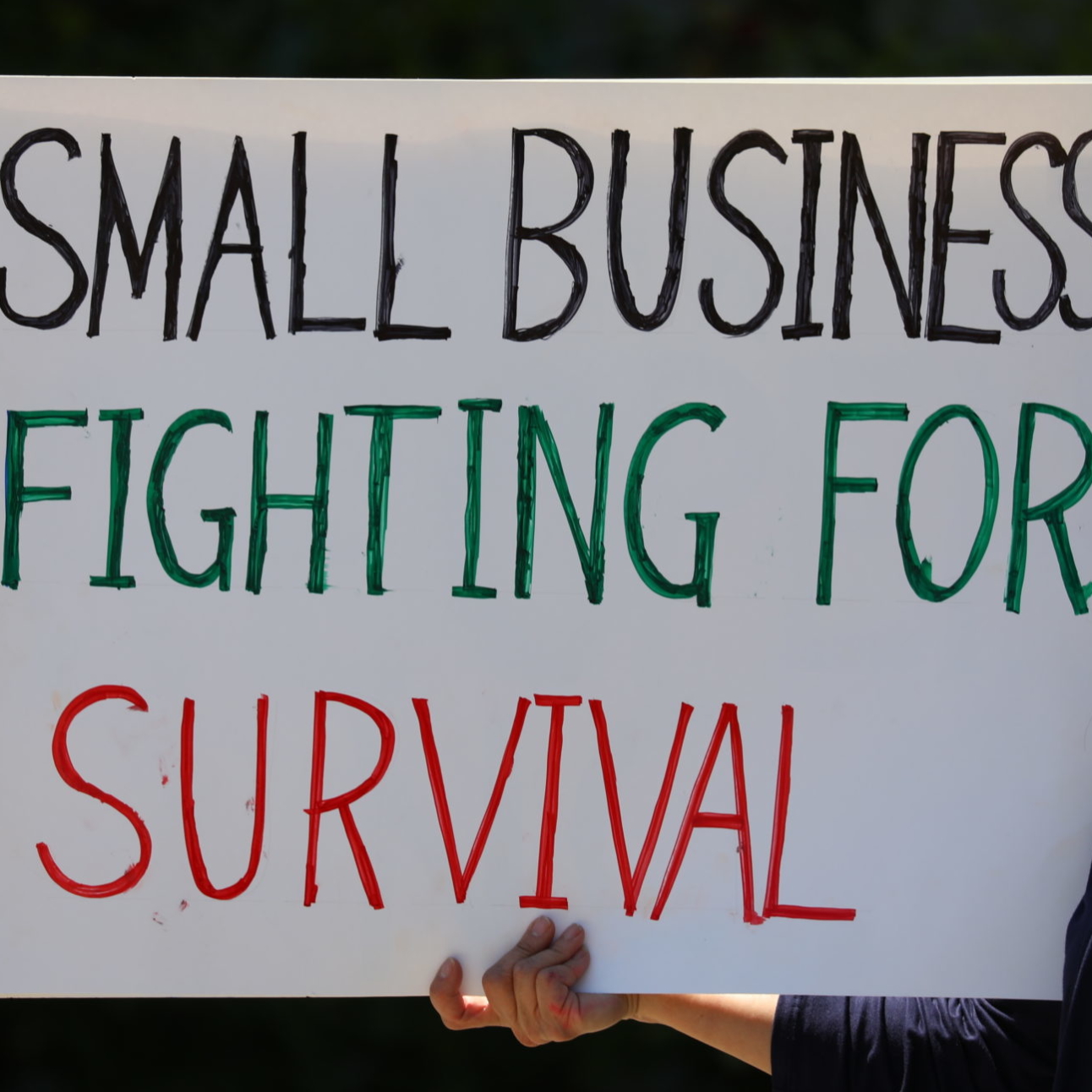

Roughly one-third of Canadians believe they have too much debt. Many of those individuals have to turn to credit cards to stay afloat, but missed payments, high debt-to-income ratios, and not paying off balances all negatively impact a credit score.
If you find yourself in this boat, you’re likely eager to learn about credit score improvement. The good news is that there are actionable steps you can take today to start making positive changes tomorrow. While building or rebuilding a credit score takes time, each action makes a difference.
Here’s what you need to do if you want to improve your credit score.
Check Your Payment History
Often, the cause of debt is that people aren’t aware of how much they’re actually spending. When it comes time to pay the bills, they might find themselves short for the month. If you have a poor credit score, it can be a challenge trying to qualify for a loan that could help.
Payment history is a record of the payments made on your credit accounts, such as loans and credit cards.
When it comes to your FICO score calculation, payment history makes up a huge part. In fact, it’s the biggest factor that impacts your credit scores. Make sure you keep an eye on your payment history, ensure you’re making payments on time, and look for any unauthorized charges that negatively affect your balance.
The best way to improve credit is by making the minimum payment (or more) each month. Additionally, you want to use 30% or less of the credit limit on your account.
Set a Budget and Use It
As we mentioned earlier, it’s easy to overspend if you don’t set and stick to a budget. One of the prime times for overspending is the holidays.
Last year, one in four Canadians overspent and surpassed their budgets on Black Friday and Cyber Monday. Additionally, 23% of those shoppers said they overspent significantly, with the average being $250 over budget!
Sometimes, it’s tough to say “No” and stick to that budget, but there’s no better way to improve a credit score than by doing so.
Check out our beginner’s guide to creating a budget if you need help figuring out how to create one that works for your lifestyle. Remember to regularly check your spending and ensure you’re sticking to that budget. Make adjustments as necessary and set goals to keep on track.
For instance, one goal might be to pay off a credit card by putting down a set amount over the minimum each month.
Stay Below the Limit
Simply because you have a credit card with a $10,000 limit doesn’t mean you should let your balance creep that high. In fact, doing so can have a huge impact on your score.
The general rule is to stick to about 30% or less of your credit card’s limit.
The more you use, the riskier you appear to lenders. You can appear as an even greater risk if you don’t pay off your balance in full.
Start by calculating your credit usage rate (credit utilization rate). Add up all your credit limits and then calculate how much you’re using. If it’s higher than 30%, it’s time to start cutting back.
Request a Free Credit Report
Each year, you can request a copy of your credit report for free. The two major credit bureaus you can request a copy from are TransUnion and Equifax.
One of the main reasons to look over this report is to scan it for any errors. For instance, you might find some hard inquiries that you didn’t authorize, open debts that were paid off, etc. These errors can negatively impact your credit score, so be sure to regularly check for them.
Think it’s unlikely to happen to you? It’s more common than you might assume, and errors on a credit report can cause serious financial problems.
Vary Your Credit
Having a single credit card limits the ways you can improve your credit score. It’s a good idea to vary your credit accounts, such as credit cards, online loans, mortgages, and so on. Managing these various credit options shows that you’re a responsible borrower.
That said, it’s crucial to pay off any money that you borrow. Otherwise, it could have the opposite effect on your score. Don’t take out more money than you can afford to pay back.
The Length of Your Credit History Matters
One factor that affects your credit score is the length of time you have an account open. Newer accounts don’t do much for your score, but the longer you have them open, the better for your rating.
Keep those old accounts open. Use them from time to time to keep them active. Pay off the balance, and you’ll see a definite credit score improvement.
It’s a better tactic than paying off a card and closing it out. However, make sure to look over your credit agreement to see if there are any fees for not using an account.
Consolidate the Debt
If it feels like you’re drowning in debt and sky-high interest rates are making it tough to pay off cards, you can benefit from consolidation.
Find a low-interest balance transfer card and roll that debt over. Another option is to take out a personal loan if you qualify for a good rate.
This strategy is best for people that plan on paying off their debt within a set time, usually during periods of low interest. The timeframe for low-interest periods is generally around six months.
Credit Score Improvement Starts Here
A low credit score isn’t the end of the world, as long as you take the above steps to start making changes. Soon, you’ll see a credit score improvement and see your debt start to go down.
Are you looking for fast loans in Canada? Kingcash has you covered! Apply for a loan today and take control of your finances again.


